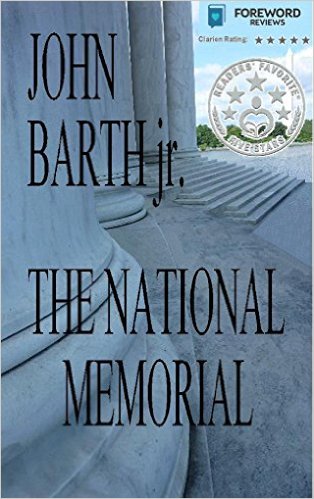The small township is a classical setting in the fiction of the United States. From Nathaniel Hawthorne’s numerous tales set in New England’s hallucinatory darkness to John Steinbeck’s fictions in California agricultural towns both temporary and otherwise, the town where almost everyone knows your name is a place where the envy, pettiness and greed of the human soul is often explored. Given the place these towns play in the mythology of American culture and the actual fact of their abundance across the nation from sea to shining sea their commonality as a literary device is no surprise. Although these places are nowadays much larger than the word “small” suggests, the fact of their “smallness” resides in each township’s self-perception. The phenomenon of suburbia is related to this romanticism of the small town as much as it is a reaction to the big city as a place of poverty, pollution and “unAmerican” cultures. On another level, the small town is an ideal metaphor for the United States nation itself.
The National Memorial—the first novel from John Barth, Jr. (yes, that John Barth)—understands the significance of the small town in American mythology all too well. Set in the state of Maine in a town not far from the coast (but far enough), The National Memorial is the story of a well-meaning idealist from elsewhere and his efforts to create a school for foreign orphans. His efforts are immediately suspect among the town’s residents, whose fears and prejudices are stirred up by local officials, landowners with their own designs, corrupt police, and a small town newspaper editor. What begins as a campaign of words and ballots ultimately ends up in violence.
Henry Beaugard, the idealistic builder in the novel, is a humanist whose beliefs assume a natural goodness in his fellow humans. As the story develops and he becomes the object of hateful deeds, this belief is challenged. His property is vandalized and the people he loves are forced from their jobs. Each threat and action is followed by more intimidation; one wonders how long Beaugard’s attempts to rationalize and understand the behavior of those who have made them his enemy will maintain itself.
Although Barth’s writing occasionally lacks a natural flow and occasionally strays to the pedantic, the strength of his story carries the narrative. His elegant descriptions of Maine’s landscapes and towns reminded me of Ken Kesey’s magnificent prose describing the breathtaking forests of fir along the rivers near Oregon’s coast in his epic Sometimes a Great Notion. Likewise, his portrayal of his protagonist’s newfound family life is both heartwarming and believable. Loosely fitting the definition of a social novel, Barth’s text moves from descriptions of roof mending to discussions of the nature of government in a world controlled by financiers beholden to no one. Issues of class and class prejudice are addressed throughout the text, with characters on all sides carrying their own and either dealing with them or not.
Every human has a bit of venality in their soul. Some of us try to conquer it. Others use it to build their kingdoms of gold and vanity. Many more just seem to be unaware this exists in their consciousness, moving from one day to the next without any apparent awareness of the actual effects of their actions motivated by that venality. So much of today’s literature exists in a place where the venality of humanity has already gained the upper hand with no likelihood of a turnabout.
All of humanity risks being consumed by the actions of those who care little for their fellow humans or the planet they live on. The story told in The National Monument is a fiction told with this understanding in mind. It is also a story of maintaining the courage required to resist the entrapments and temptations of the venality enveloping our world. It is this latter element that makes this book a story of hope, when it could easily become one of despair.